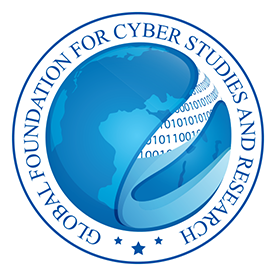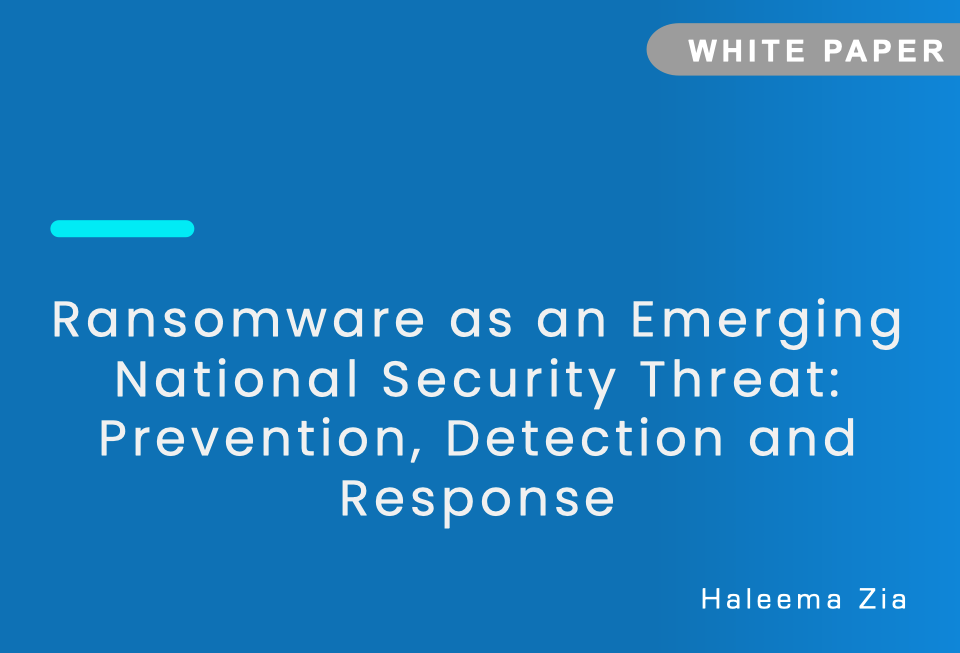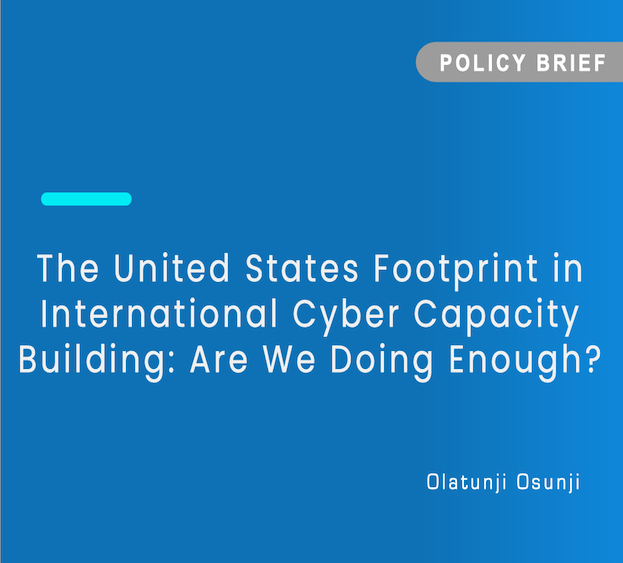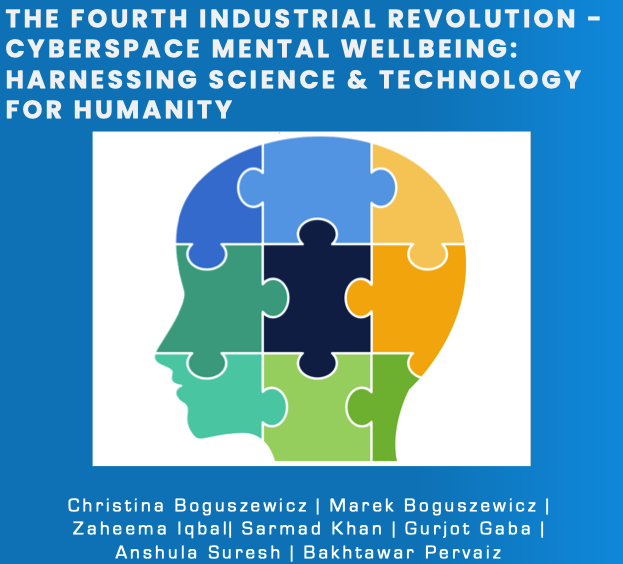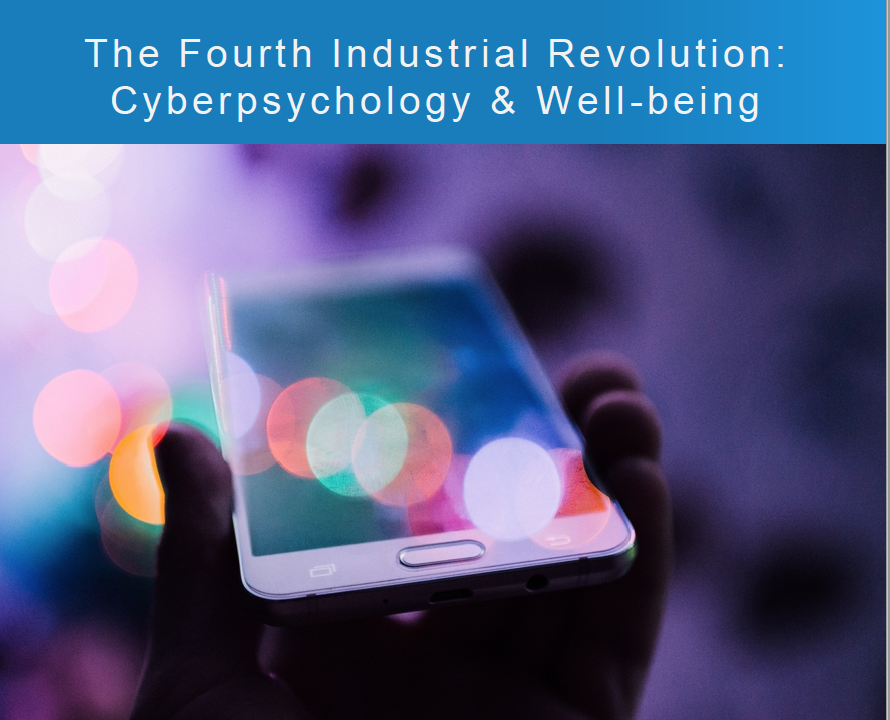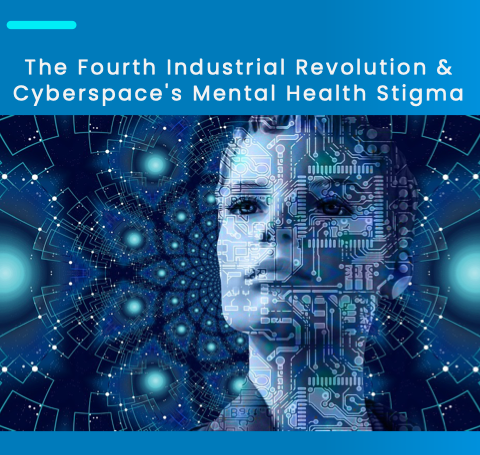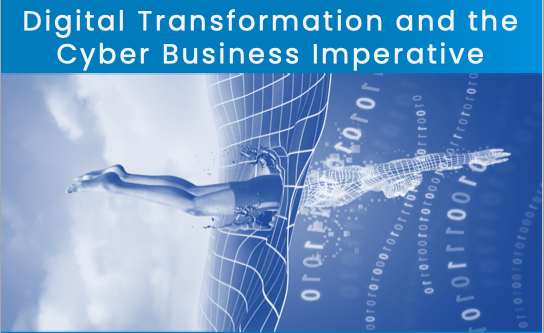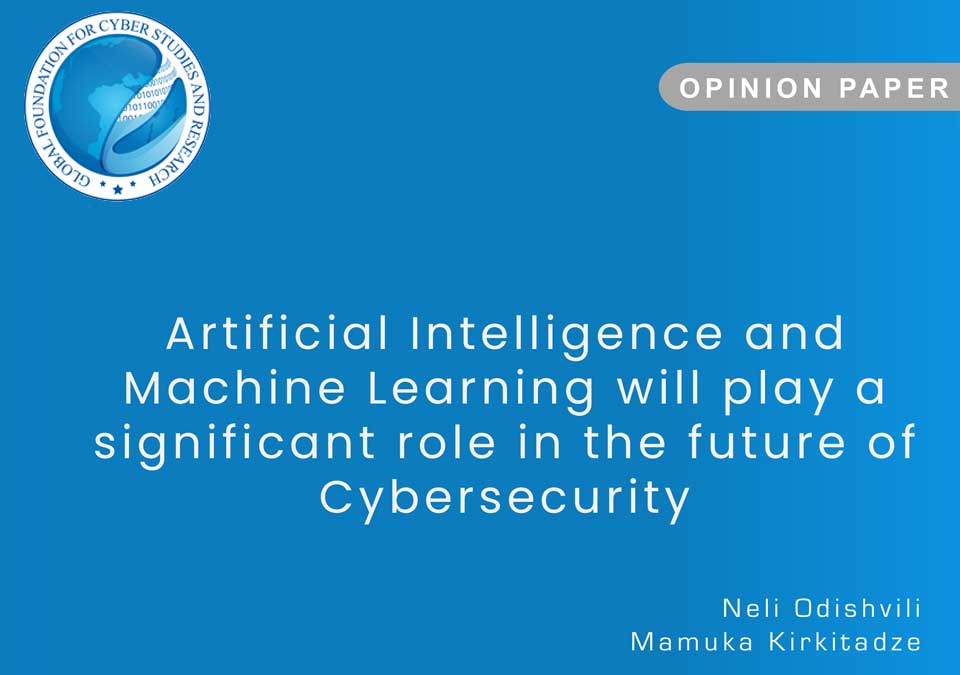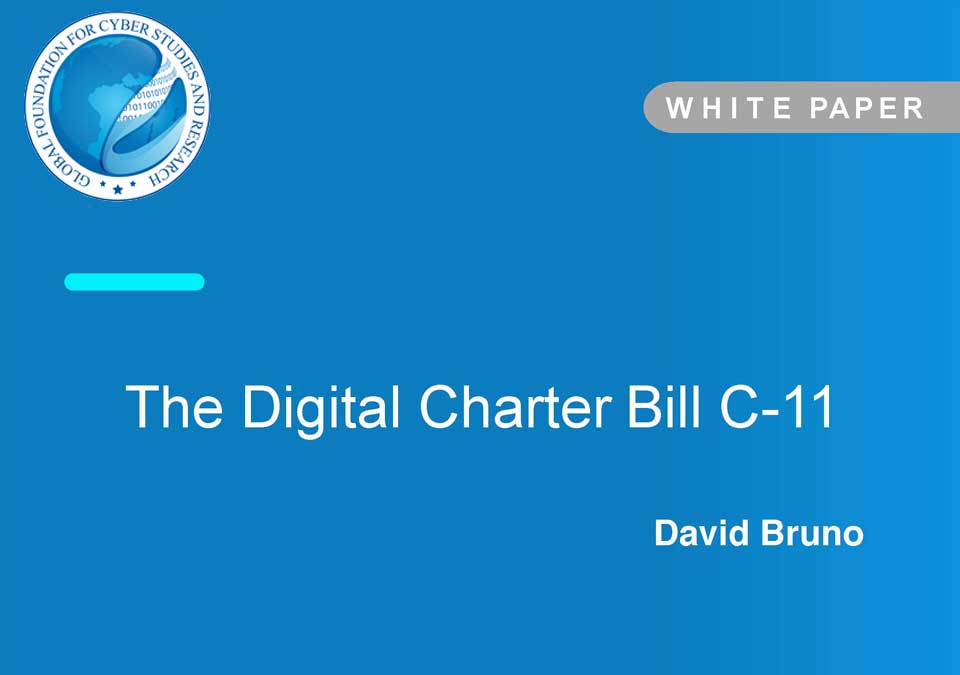Cybersecurity
1,864 Views
January 19, 2022
Ransomware is a kind of malware that makes files or data on a victim’s computer or other device inaccessible and then demands ransom in the form of online payment, gift vouchers, or cryptocurrency to restore accessibility or functionality of the system. Ransomware is a digital form of extortion and is tantamount to criminal practice of illegally obtaining money or its equivalence from individuals or organizations. Cyber-crime has drastically increased in the recent years due to rapid transformations in communication modes, advanced applications, and operating systems. Hackers, criminal groups, underground gangs, and terrorist networks are carrying out ransomware attacks in an organized way. Many ransomware services have also been introduced for such groups with malicious intent to provide them ease in carrying out ransomware activities and launching attacks. Ransomware attacks are widely spreading because of the advanced technologies and strategies and also due to the lack of awareness of internet users. The previous studies on ransomware are conducted in the context of computer sciences and security and public policy perspective has been largely ignored. This paper highlights ransomware attacks and its impacts on national security issues and society. It is focused on finding a way out to detect and prevent ransomware attacks. The perpetrators behind ransomware have done extreme damage to critical infrastructures and are collecting billions of dollars from the victims worldwide. Ransomware has deeply impacted the sensitive data and systems and has challenged the national security organizations and agencies. It is deeply affecting society, industries, government, corporate sector, law enforcement agencies and individuals including general public. Therefore, it is important to conduct in-depth research and set up strategic defense for fighting against ransomware.
December 17, 2021
Over the years, the United States government has steadily increased its efforts to contribute towards open, interoperable, secure, and reliable cyberspace through international cybersecurity capacity building. This is further demonstrated through active membership and participation in international cyber groups, like the United Nations Group of Governmental Expert, the Open-Ended Working Group, and the Global Forum on Cyber Expertise. These efforts echoed in an International Telecommunication Union report which recognized the US as the nation with the highest commitment to cybersecurity. However, there are issues centered around internal coordination, funding, and role conflict among US government agencies. Using the Global Forum on Cyber Expertise’s database and existing literature on International Cybersecurity capacity building, this report presents an exploratory analysis to support the existence of these issues, identify new gaps, and recommend that the United States' Department of States restructure its international cybersecurity building program around an established framework, take up the responsibility of coordinator on all international cybersecurity building initiatives involving United States stakeholders and engage academia in more empirical studies within cybersecurity capacity building. In line with this, Congress should amend the Foreign Assistance Act of 1961 to allow for more and better funding mechanisms through streamlining cybersecurity into every development assistance project.
August 13, 2021
In the fourth industrial revolution, where almost the entire world is connected through the internet, mental health plays a great role. The National Center for Health Statistics noted a suicide rate increase of some 35 percent between 1999 and 2018, with the rate growing approximately 2 percent a year since 2006.
July 27, 2021
gy is all around us. We are living in an ever-increasing connected world where the lines between man and machine have merged into shared global cyberspace.
May 17, 2021
Artificial intelligence (AI) has become a hallmark technology in tackling epidemics and pandemics and COVID-19 is one of the most perilous amongst them. This paper provides an argument on how AI has been used to tackle COVID-19 since its outbreak in late 2020.
May 11, 2021
The Fourth Industrial Revolution (Industry 4.0) is the progressive automation of traditional manufacturing and industrial processes using modern intelligent technologies. Large-scale machine-tomachine communication (M2M) and the Internet of Things (IoT) will be integrated to increase automation, improve communication, monitor production itself, and develop intelligent machines that can analyze and diagnose problems without the need for human intervention. The phrase "Fourth Industrial Revolution" was introduced by a team of scientists who developed a high-tech strategy for the German government.
May 4, 2021
Many cyber initiatives that are being designed and implemented in large organizations are undertaken in silos. Often digital transformation programs are disconnected from the enterprise cyber security initiatives and therefore often increase the overall cyber risk. The impact of this is amplified in organizations with large supply chains, embryonic cyber and privacy maturity and those trying to move at speed with digitalization initiatives. In this paper we consider this, and offer recommendations based upon industry sources and research, along with our own practical experience and insights.
March 12, 2021
Network security is deemed to be substantially important. Private and public sectors are aware of the crucial impact of every small to large-scale cyberattack. With today’s ever-evolving cyberattacks and dissemination of devices, AI can be used to automate insecurities detection and respond more efficiently than traditional software-driven approaches
February 16, 2021
Across the world, mega corporations and tech leaders have assumed control of a growing treasure trove of personal data. Recent surveys suggest citizens are both aware and concerned by this, however data protection rules in North America have fallen behind the rest of the world. The newly introduced Bill C-11 (Digital Charter Implementation Act, 2020) could finally address these concerns and offer better protections for Canadian internet users and become a beacon for the rest of the world.
